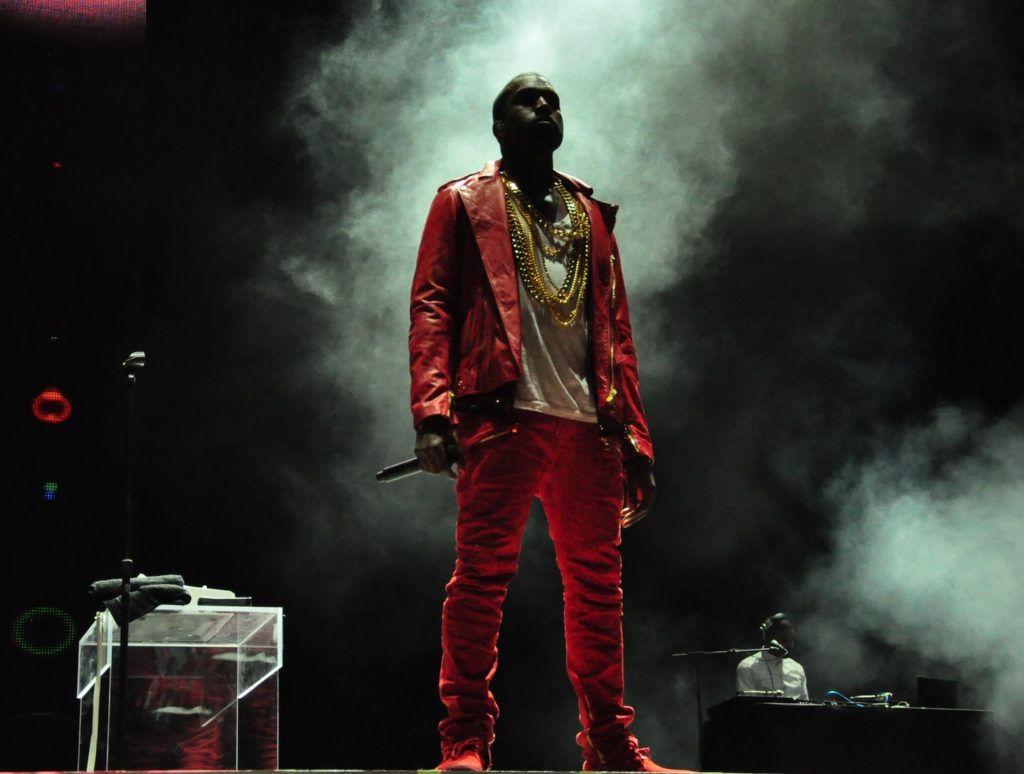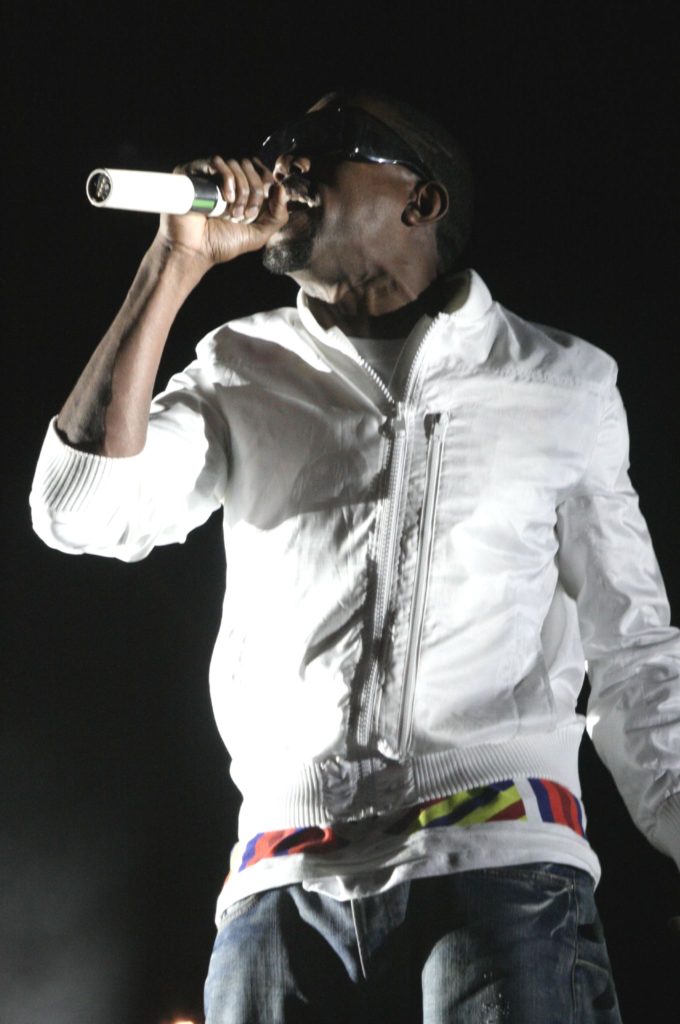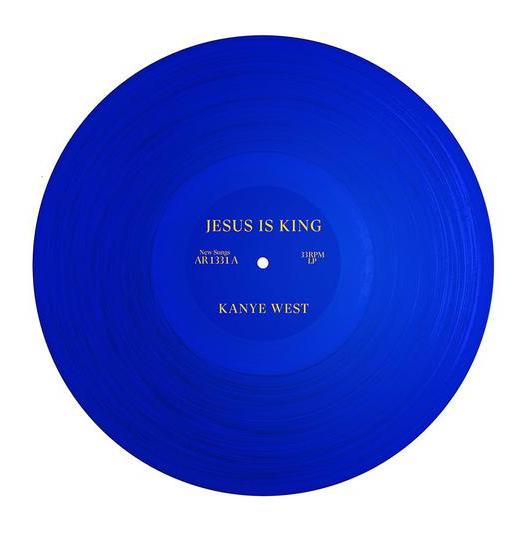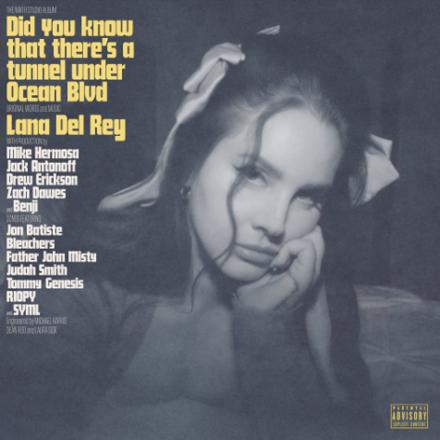Jesus is King by Kanye West
Opinions belonging to Luke Hobika
Best tracks: “Every Hour;” “Follow God;” “Everything We Need”
Worst tracks: “Closed on Sundays;” “On God;” “Use This Gospel”
It’s the year 2010. For the umpteenth time in the past hour, the radio station plays “All of the Lights.” The song is a bombastic anthem that has been pervading throughout the airwaves of the globe. The man behind the song is one who has dominated the news headlines for close to a decade. He is a man who is no stranger to reshaping the genre of hip-hop to his liking. He is a man who has experienced massive commercial and critical success. He is a man whom nobody in 2010 could have foreseen diverting his character from being the most arrogant man on the planet to one of the most spiritual through the creation of a gospel-rap album. He is Kanye West.

Recently, rapper Kanye West resurrected from his public hiatus with the release of his ninth studio album, Jesus is King. Only on Sundays since the start of 2019 has West briefly appeared in the public eye. Every week, West has hosted “Sunday Service” events in areas across the world, where he plays gospel arrangements of songs from his discography along with a choir. The spiritual atmosphere of the services reflects West’s new adoption of the Christian faith. It came as a result of the personal overcoming of a bipolar disorder that plagued his psyche for years, an issue about which he opened up on his last studio album, ye. As 2019 progressed, West continued to hint at the release of Jesus is King. In typical Kanye West fashion, the release date of the album had been announced then delayed several times before its official issuing on October 25th. While the constant delaying of the album is unacceptable for any artist, it ultimately generated a great deal of anticipation from fans and critics alike.
Throughout his entire career, Kanye has based the themes of his music off of the mindset in which he was at the moment of recording. The solemn tone of 808s & Heartbreak mirrored West’s intense grieving of both the loss of his mother and split with his long-time fiancée. The classy atmosphere of Late Registration reflected his adjustment to new fame at the start of his career. In this case, Jesus is King’s religious nature showcases West’s serene relationship that he has developed between himself and the Christian faith after a long storm of erratic behavior, or so he claims.

Jesus is King is not what it presents itself to be. Everything from the album’s unfinished vocals and production, inconsistent pacing, and questionable lyrics completely contradict Kanye’s assurance that he has found his heaven. Through what this album has to offer, it becomes quite obvious that West remains in his own hell.
“Every Hour” opens up the gates of the album with a unified Sunday Service Choir harmonizing over an animated piano line. The theme of the song, being the importance of God in the lives of all of his believers, would seem to be an inclusive idea off which a “fixed” West could base his album. West could implicitly argue that he has abandoned his once infamous attitude of arrogance for one of companionship by continuing with the theme of “Every Hour” throughout the entire album. Even if how the narrative was executed was to be a failure, at least proof of personal change within West would be obvious. Additionally, the welcoming atmosphere continuing throughout the project’s whole could suspend the belief that West is still wrestling with bipolar disorder. However, as “Every Hour” ends as abruptly as it had started, the next track, “Selah,” closes these possible pathways to heaven.
In comparison to the communal messages and optimistic vibe of “Every Hour,” the substance of “Selah” juxtaposes the former. The cheerful singing from the choir is replaced by a skeletal setting in which Kanye attempts to sermonize his verses, touching upon how his relationship with Christianity has supposedly shaped him. Yet it is hard to buy into his claims when he offers no anecdotes to back them. Rather, West rants about how the ways that the media has scrutinized him are parallel to how Noah from Genesis 6 had been criticized by the public. He says, “Before the flood, people judge/They did the same thing to Noah,” because, of course, pulling an obnoxious stunt in public is equivalent to building an ark that will save animal-kind during a worldwide flood. Such narcissism scatters itself throughout other portions of the album, such as on the artificially synthed “On God.” On the track, West proclaims that his controversial public support for President Donald Trump puts him on the same level of martyrdom as Jesus Christ being crucified. Being filled with traditional gospel and gospel-rap production, the sounds of Jesus is King allow West to try to demonstrate his alleged personal change, but what is said on the album cancels out all of the progress made.

The structuring and pacing of the instrumentals that build Jesus is King are just as fluctuating as West’s recent public behaviors. Individually, some tracks sonically hold value. For instance, West iconically delivers a beautifully soul-sampled beat on “Follow God,” a style of production off which he had based the start of his career. Additionally, “Everything We Need” offers an innocent trap instrumental supported by the tropical hymns of Ty Dolla $ign and Ant Clemmons. Other instrumentals act as the saving grace of a track, especially that of “Closed on Sunday.” The Mediterranean and offsetting vibes of the song is enough to temporarily reroute attention away from the atrocious “Closed on Sunday/You my Chick-Fil-A” lyric, which is a disgrace to the rap genre as a whole. Yet, when considering the anatomy of the album, the sonic relationships between songs seem severed. Each song exists as a piece of a puzzle, but in order to complete the puzzle, the pieces must be forcefully joined rather than seamlessly connecting with each other.
Say what you like about Kanye West, but it should be undisputed that he has produced some of the most influential albums in the hip-hop genre and beyond. For his entire career, listeners of West have gifted him with acclaim for his meticulous and deliberate construction of his music. Every musical note of a song serves a purpose in the song itself as well as the context of the album. In the case of Jesus is King, these expectations don’t apply at the same level at which they had been held. Essentially, the album’s contradictory lyrics and disconnected instrumentals prevent it from attaining that expectation. Now, we can only pray that Kanye asks for forgiveness for deceiving the public with this album.





































